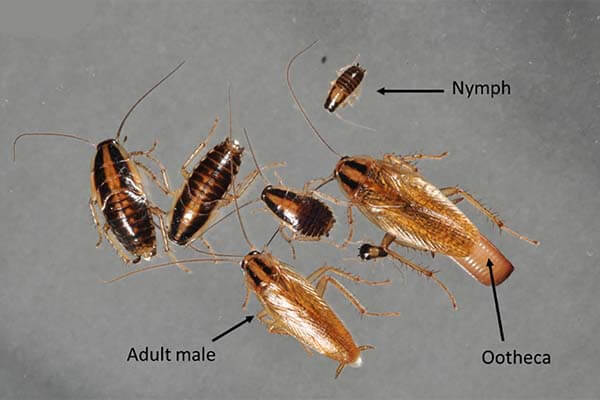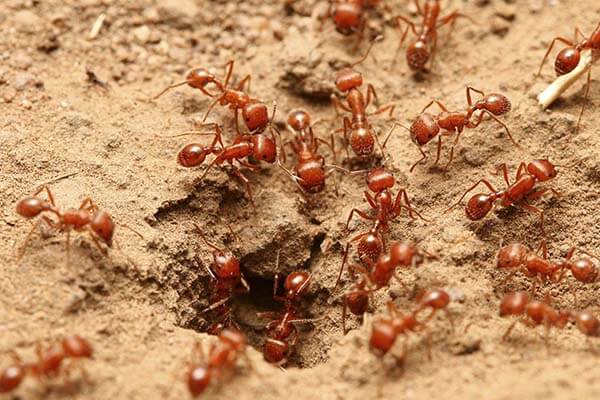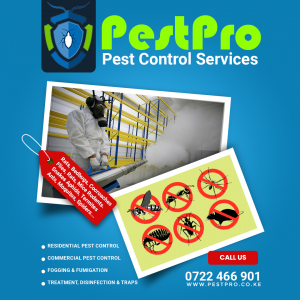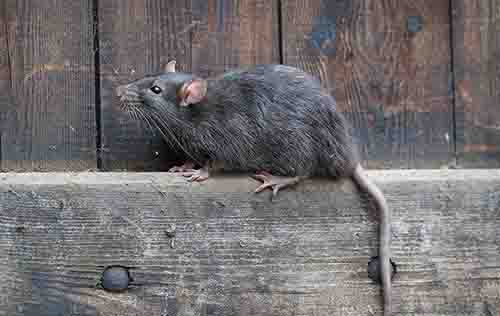
Poor food and beverage pest control is a recipe for disaster, especially when your business is dependent on sanitation and hygiene. Whether you are a dry-food facility, liquid-food facility or both, pests won’t leave with the endless resources available to them.
We know what is at stake with food safety regulations and are prepared to help your food or beverage processing plant. Pests can carry diseases and not only make your employees sick but also your customers. You may face productivity loss, damaged products or a tarnished reputation without proper food processing plant pest control.
Pest control in the food industry must be proactive in prevention and train employees to help maintain the facility not only in the work areas but also in storage, break areas and exterior parts of the facility. How should you store dry foods to prevent pest infestation? What should food workers do to prevent pests?
For well over a century, PestPro has taken a custom approach to pest control to help food processing facilities to answer these types of questions. Your PestPro Pro will implement a commercial pest control plan based on your unique needs. Meet the Food Safety Precision Protection™ package.

Fire Ants pest control near me in nairobi kenya
Food is a fundamental part of our daily lives, providing sustenance, pleasure, and nutrition. However, there’s a hidden menace that can jeopardize the safety and quality of our food—pests. Pests, including insects, rodents, and other unwanted invaders, can have a significant impact on our food, from the field to our plates. In this article, we will explore the various ways in which pests affect our food and the measures we can take to mitigate these effects.
Pests pose a serious threat to food production at the agricultural level. Insects, such as aphids, caterpillars, and beetles, can ravage crops, leading to reduced yields and quality. Crop damage can result in a decrease in the availability of certain foods, increasing prices and affecting global food security.
Pests in food storage and processing facilities can lead to contamination and spoilage. Rodents, insects, and birds can infiltrate food storage areas and taint products with feces, urine, and disease-causing microorganisms. This contamination can render entire food batches unsafe for consumption.
Pests are vectors of pathogens that cause foodborne illnesses. Flies, for instance, can carry bacteria from garbage and sewage to food preparation areas. Inadequate pest control can lead to outbreaks of foodborne diseases like salmonella, E. coli, or listeria.
Pests can chew through food packaging, leaving food exposed to air and moisture. This not only affects the taste and texture of the food but also makes it vulnerable to spoilage and microbial growth. Properly sealed and stored food can deter pest activity.
Food businesses face substantial financial losses due to pests. Infestations can lead to product recalls, disposal of contaminated goods, and damage to facilities and equipment. Costs associated with pest management and regulatory fines can further burden food-related businesses.
Pests in restaurants, food retail outlets, and even homes can severely damage the reputation of food providers. Customer perceptions of cleanliness and safety are directly impacted, leading to a decline in business.

pest control fumigation nairobi kenya
Implementing IPM strategies is a proactive approach to pest control. This involves regular monitoring, the use of non-chemical control methods like traps, and targeted pesticide application when necessary.
Storing food in airtight containers and maintaining a clean environment is crucial. Regular sanitation practices in food preparation and storage areas can deter pest activity.
In homes and food businesses, sealing cracks, gaps, and entry points through which pests can infiltrate is essential. Installing screens on windows and doors can help keep pests out.
Training food handlers and employees in pest management and hygiene practices is vital to prevent contamination. Staff should be aware of the signs of pest infestations and how to respond.
Regular pest inspections by professionals can help identify and address pest issues before they become full-blown infestations. Early intervention is key to minimizing the impact on food.

pest control company india
The impact of pests on food is a multifaceted problem that affects all aspects of the food supply chain, from production to consumption. Understanding the potential consequences of pests and implementing preventive measures is vital for safeguarding food safety, quality, and public health. Vigilance, education, and effective pest management are essential to ensure that pests remain far from our plates and the food we consume is safe, healthy, and enjoyable.